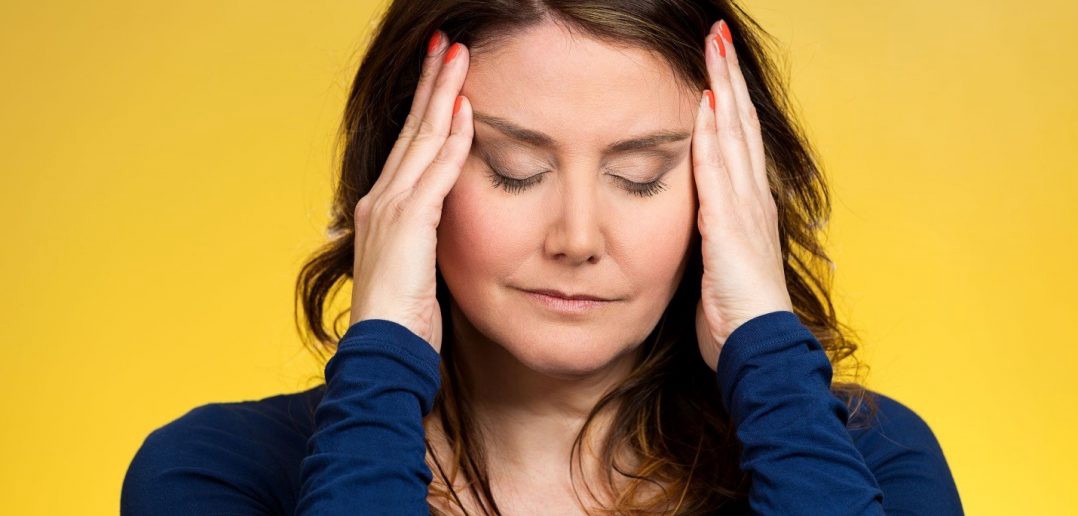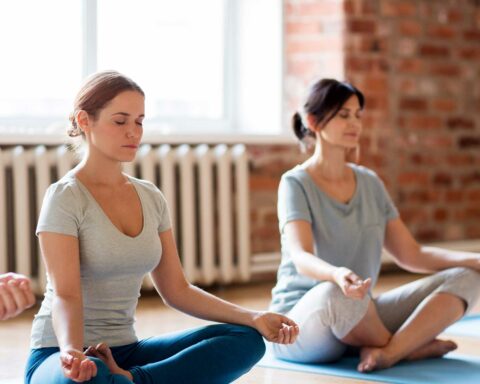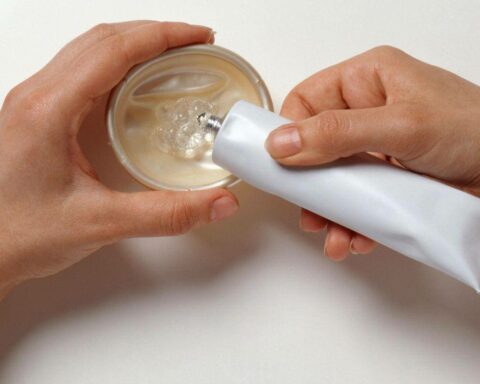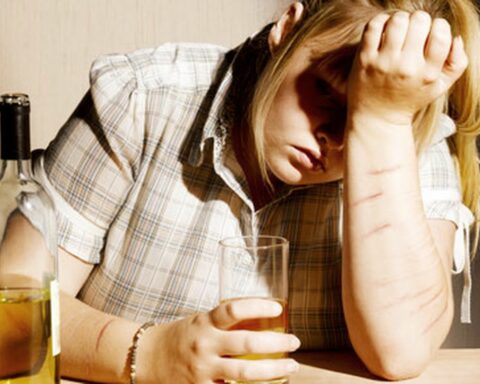What Is Menopause?
Menopause is the natural body process that signifies the end of the monthly cycles, periods, or menstruation cycle in women. A woman is said to have reached menopause when she fails to receive her monthly periods for at least 12 months due to decreased ovaries or estrogen production.
What Are the First Signs of Menopause?
Most of my female clients tend to experience the following warning menopause signs; irregular periods that tend to be shorter than normal, or disappear and appear after some months, hot flashes, night sweats, unintended weight gain, thin hair, sudden mood swings, and dry vagina conditions.
What Are Some Other Common Symptoms?
Other likely menopause symptoms include; decreased sex drive, memory problems, increased anxiety, nervousness, troubled sleeping, and concentration problems.
When Does Menopause Typically Happen?
From my studies, most women tend to reach menopause at 45 to 55 years old, with an average of 51 years.
Can Menopause Affect Men? If So, What Symptoms Can Occur?
From my studies, men can also experience due to reduced production of testosterone and other male hormones, a condition known as andropause, or late-onset hypogonadism. This can be characterized by decreased sexual interest, irritability, emotional changes, mood swings, depression, reduction in energy, memory problems, fat increase in the body, muscle loss, and difficulty in concentrating.
What’s The Best Treatment for Menopause?
I recommend hormone therapy as it helps curb and improve numerous menopause symptoms by stimulating the production more of the estrogen or testosterone hormone lacking in the body.
What Can People with Menopause Do Amid TheHRT Shortage?
With a decrease in HRT, I suggest you do practice these simple lifestyle changes and tricks to ease menopause symptoms;
- Exercise regularly, such as strength training, strength gaining, stretching, and other flexible activities.
- Limit your alcohol, unhealthy foods, and caffeine intake.
- Eat more foods high in vitamin C, A, B, D, E, and calcium.
- Learn new techniques to manage your stress, such as meditation and CBT.
- Apply lubes to lower vaginal dryness.
- Take herbal supplements like maca, red clover, sage, chaste tree, and ginseng.
- You can also try acupuncture therapy or clonidine, antidepressants, and gabapentin medical supplements.
- What Are the 7 Chakras and How Can You Unblock Them? - April 19, 2024
- THCa Flower by Perfect Plant Markey - September 21, 2023
- Arches Audio Shares Their Secrets For Starting A Successful Podcast - July 7, 2023









